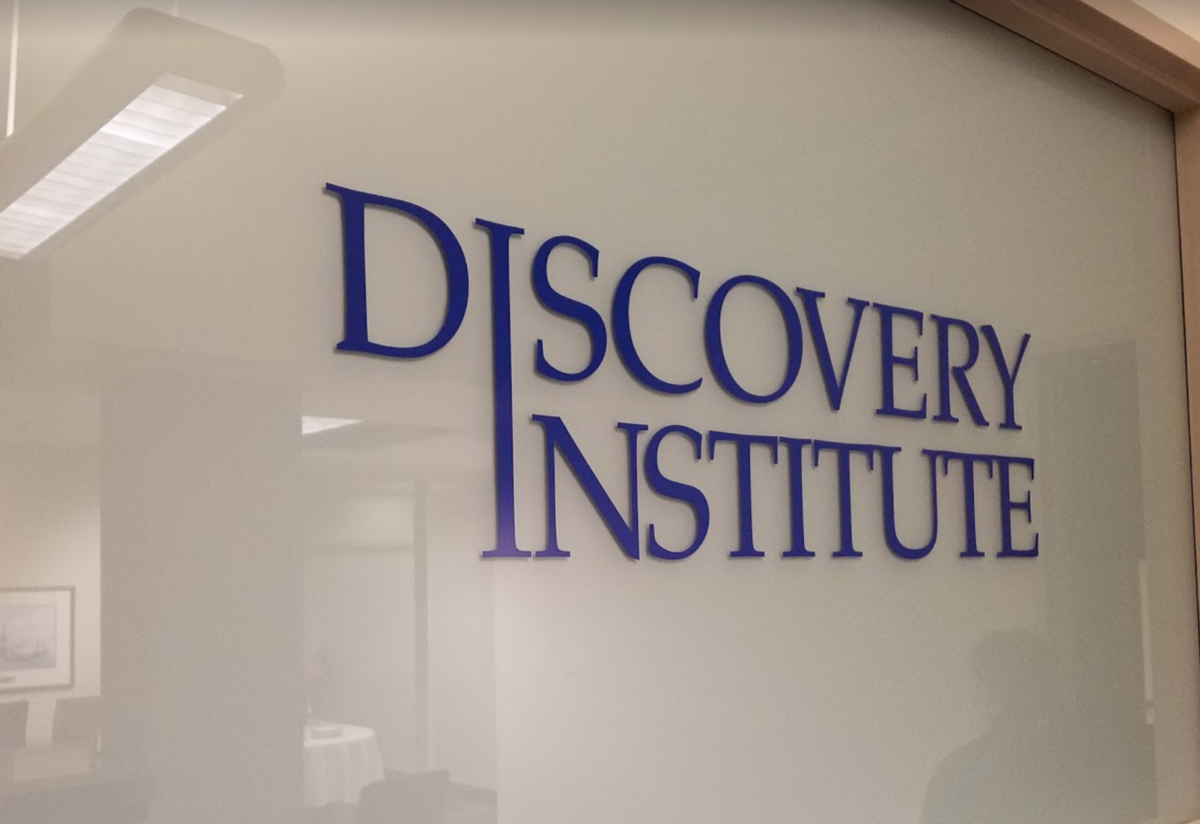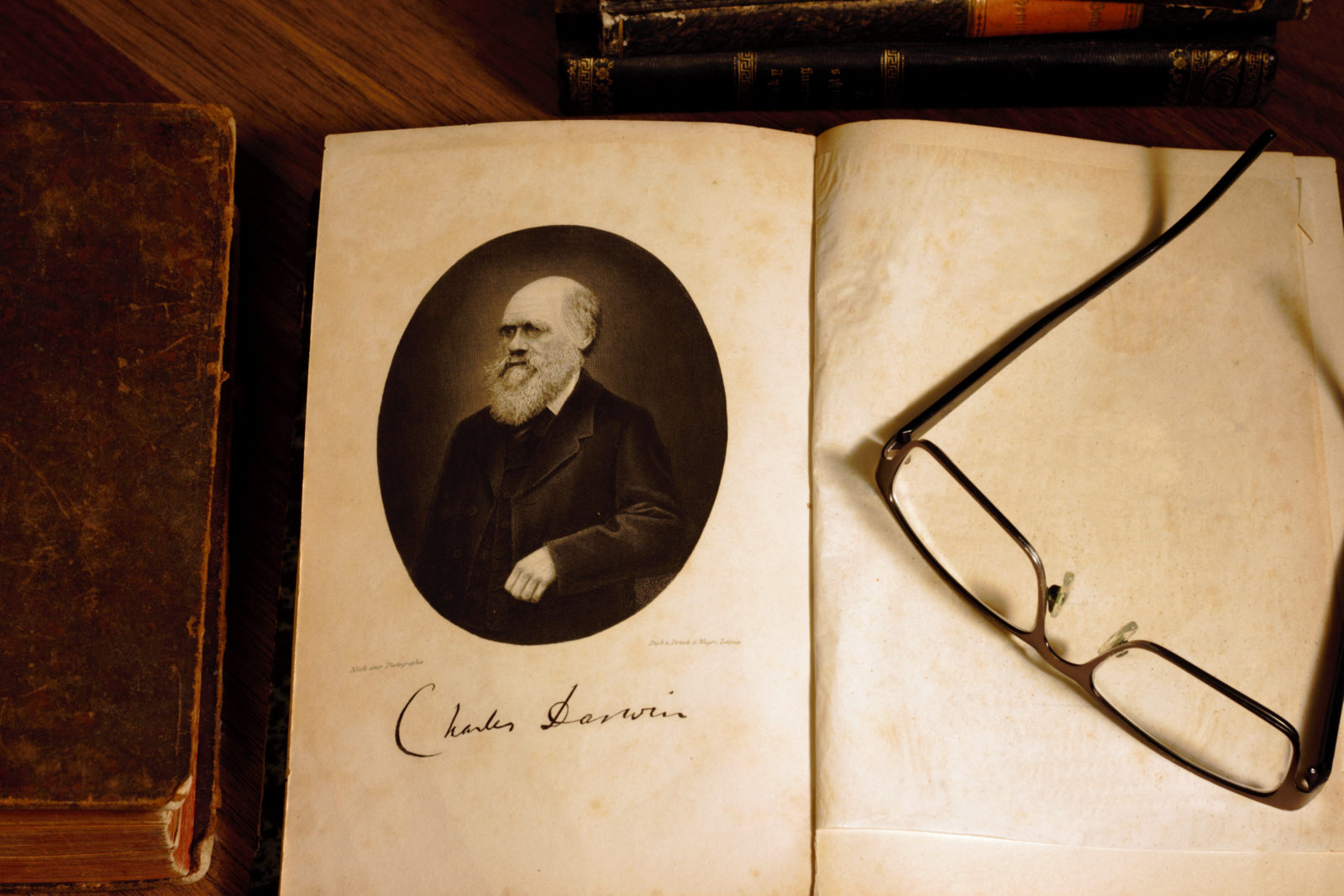REYKJAVIK, Iceland.
Why is this cold, rainy land with its stark volcanic landscape, without much in the way of natural resources, one of the wealthiest places on Earth?
Small states, in the past, were most often poorer on a per capital income basis than large states, but in the last half-century many have become much richer then their large neighbors. Among the wealthiest places on the planet, in addition to the United States, we now find Luxembourg, Hong Kong, Denmark and Ireland, none with many natural resources.
In a just-concluded meeting of the Mont Pelerin Society in Iceland, some leaders of small states that have developed very successful economies met with some of the worlds’ leading free-market economists and policy institute professionals, partly to discuss what lessons the rest of the world can learn from these small states. Mart Laar, former prime minister of Estonia, was the principle architect of his country’s remarkable economic transformation from impoverished vassal of the Soviet Union into one of the world’s freest (No. 4 in the world according to the 2005 Index of Economic Freedom) and most dynamic economies. Mr. Laar said he succeeded by following the teachings of Nobel Prize-winning economists F.A. Hayek and Milton Friedman.
Read More ›



